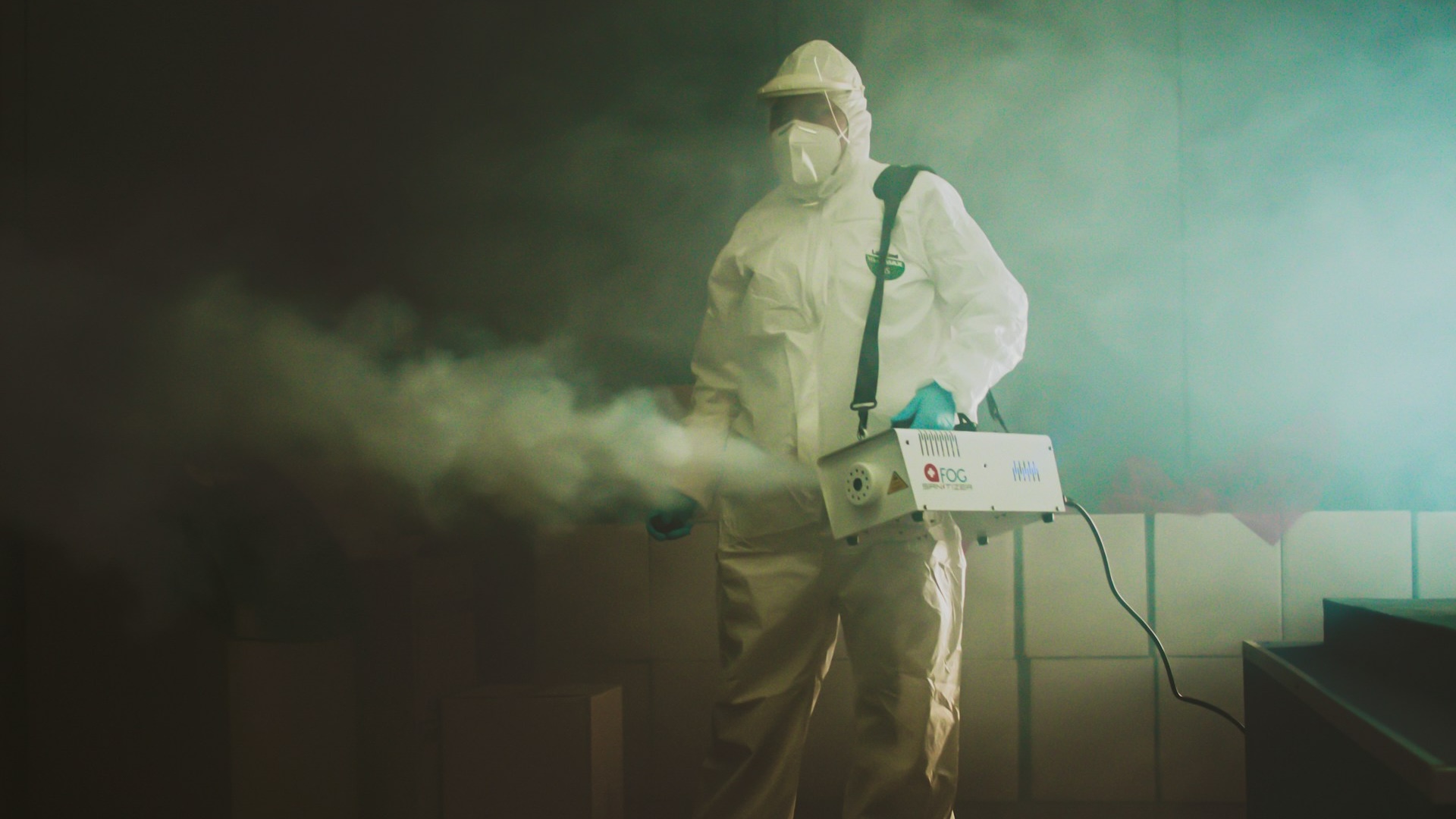
Advice & support
Bullying & Harassment
MiP believes that any form of bullying and harassment has no place in healthcare services.
Bullying and harassment
MiP gives individual advice, support and representation to members who have been the victims of bullying and harassment at work, as well as those who have been accused. We also publish articles and guides on how to tackle bullying and harassment and promote a healthy working culture.
The terms “bullying” and “harassment” are often used interchangeably and, in broad terms, refer to behaviour intended to undermine, humiliate, insult or injure people in the workplace. It may be blatant or subtle, but it is always unjustified and unwelcome to those on the receiving end.
Need more information?
For more information on how to create a healthy workplace culture, please see our Organisational Culture and Wellbeing in the Workplace guides here.
What is bullying and harassment?
Examples of bullying and harassment include:
- spreading malicious rumours
- deliberately insulting someone
- circulating criticism of colleagues to people who don’t need to know
- ridiculing or demeaning someone
- exclusion, victimisation or unfair treatment
- unjustified micromanagement or other abuses of power
- unwelcome touching or sexual advances
- unfounded threats about someone’s job security or career prospects
- deliberately undermining someone’s competence, e.g. by overloading or constant criticism
- intentionally blocking promotion or training opportunities
In all but extreme cases, the person concerned must be aware that their behaviour is unwelcome for it to count as bullying or harassment. You can read the ACAS guidance to find out more about what constitutes bullying and harassment.
What to do
In all cases, the first thing you must do is to ask them to stop. If they persist, that is usually the point at which it becomes bullying. Do this politely but assertively; leave them in no doubt that their behaviour is unwelcome. Take a look at your organisation’s Dignity at Work or Bullying and Harassment Policy. It will make clear that the organisation has zero tolerance for bullying and harassment at work. Politely insist that your colleagues adhere to the policy.
If the behaviour doesn’t stop:
- Contact MiP Member Advice for support.
- Gather evidence: keep a diary, save copies of all relevant emails and paper documents, log relevant phone calls
- Refuse unreasonable requests politely but firmly
- Discuss the problem with your line manager and/or HR (your union rep will accompany you if necessary)
- Stay calm: do not walk off the job or threaten to resign – continue to work as normally as possible
- Consider if mediation might help resolve the problem
- Consider taking out a grievance – we can advise you on this
- Be clear about what you want to happen: your objective is for the behaviour to stop, not to punish someone or get them sacked
If you’ve been accused of bullying
Not all allegations are fair, and sometimes performance management can be unfairly seen as bullying or harassment. If you’ve been accused, the first thing to do is to reflect honestly on your behaviour. Think about what might be driving the allegations, and read the ACAS guidance on what constitutes bullying and harassment. Consider if the problem could be resolved through discussion or mediation. If you feel you might have overstepped the mark, it’s best to apologise immediately.
If you still feel you have been unfairly accused, contact MiP Member Advice for support.
Note: if MiP are also representing the colleague making the accusation, your case will be dealt with by a different rep or national officer.
Looking for more information on bullying and harassment?
Read our latest articles this and related topics by following the link below.
Need guidance on another issue?
MiP has a range of free guidance in our Advice pages. Click below to view all of our workplace guidance.
Still need support?
Existing members can get individual support with problems at work. Use the link below to get in touch with Member Advice.
Latest News
-

Tipster: How to survive a toxic workplace
Leadership coach Siobhan O’Reilly offers her tips on responding to toxic behaviour at work and how to protect your own health and wellbeing.
-

Feature: Harmed and dangerous – tackling abuse of NHS staff
Special Report: People in public-facing jobs are being confronted by more violence and abuse at work, and the NHS is at the sharp end. Existing policies are failing – we need a more co-ordinated and energetic approach to tackle the root causes and protect the staff who care for others.
-

Feature: In place of fear – ditching the NHS blame culture
The NHS’s enduring tendency to point the finger when something goes wrong can fill clinicians with fear and hamper managers trying to solve problems. We ask why the NHS is still struggling to shake off its blame culture after decades of trying.
Joining when work is going well means your union will be there if you ever need it
MiP can only offer one-to-one support on issues that occur after your first four weeks of membership. Join today to ensure you are protected if you ever need it in the future.